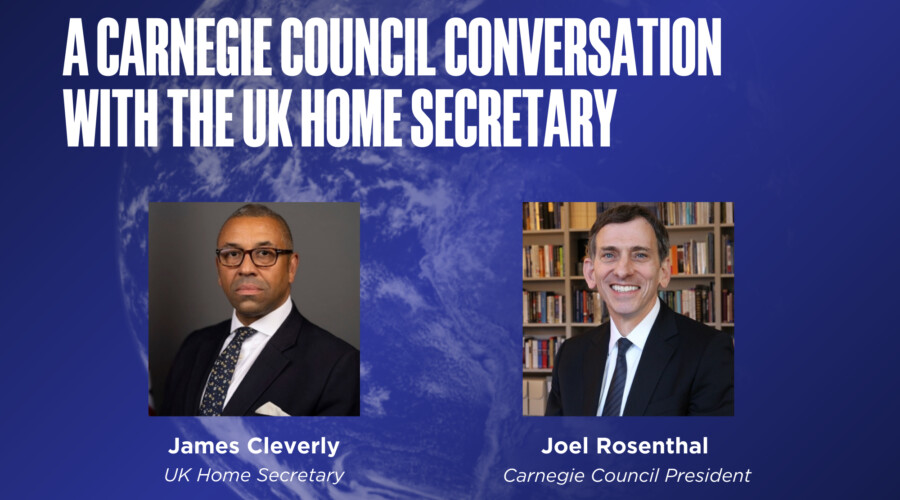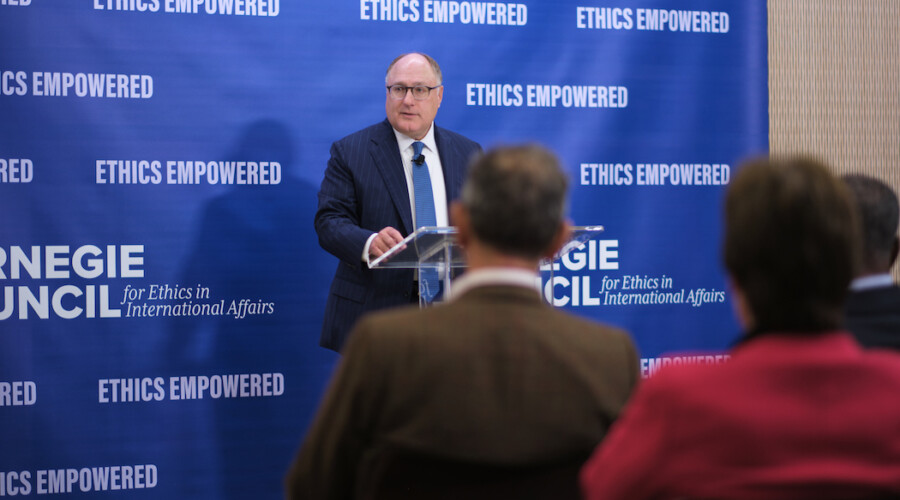Modern self-determination and the concept of nationality are closely linked, and have frequently led to instances of ethnic cleansing. Can nationalism and multi-ethnic societies co-exist? Must self-determination imply ethnic cleansing?
Modern self-determination is closely associated with the concept of nationality. "Each nation has the right to constitute an independent state and to determine its own government."
Self-determination conditioned the break up of Ottoman, Austro-Hungarian, and Russian empires; propelled European colonies toward independence; and is the dream of Kurds, Basques, Uighurs, and many others.
American policy often promotes pluralism and minority rights. After all, the U.S. is a nation of hyphenated peoples—Irish-American, African-American, Mexican-American, et cetera. Americans are patriots, but can be blind to the power of nationalism.
Across much of the globe, history mingled nationalities, and self-determination meant defining who is in and who is out of your group. Frequently, ethnic cleansing was the result, making boundaries and identities match.
Ethnic cleansing is usually associated with terrible acts: eviction, confiscation, rape, execution, genocide.
Ironically, ethnic cleansing can also lead to decreased violence, as in Iraq when people fled to areas ruled by their ethnic group or the German-Polish-Ukraine borders where huge regions were transferred and millions were cleansed after WWII.
What do you think? Must self-determination imply ethnic cleansing? Can nationalism and multi-ethnic societies co-exist?
To post a comment, go to the Global Ethics Corner slideshow.


